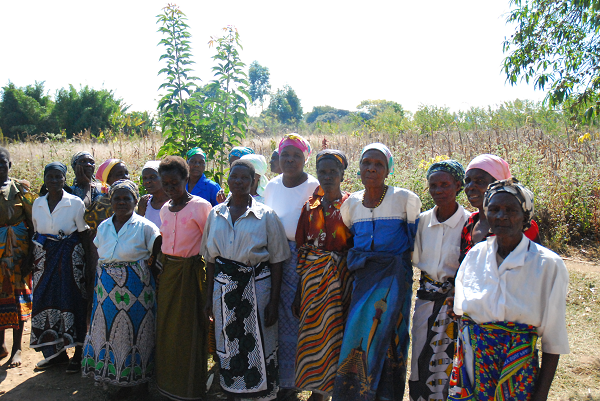Gender equality and social inclusion in PROSPER: Intervention design and impacts
This learning paper summarises the findings relating to gender equality and social inclusion from the 2021 evaluation of the Building Resilience and Adapting to Climate Change (BRACC) programme.
The Promoting Sustainable Partnerships for Empowered Resilience (PROSPER) project developed a Gender Equality and Social Inclusion (GESI) Strategy to guide its activities towards promoting gender equality.

Gender-sensitive targeting was successful with women having higher participation in interventions than men (regardless of household headship). However, when considering household headship there are still persistent differences, with female-headed households participating in fewer interventions relative to male-headed households.
When female-headed households did participate in at least three PROSPER interventions there was a significant positive impact on consumption expenditures, improvements in access to inputs, improved access to markets, crop diversification and sales, and increasing investment in kraals and having a non-agricultural business.
The learning paper concludes that how data is collected around gender is important (e.g. with a focus on household members or household headship), as is more research on intra-household dynamics and the effects of participation on household members. As well as sensitive monitoring and evaluation to track progress, there is room for further consideration of intersectionality.
